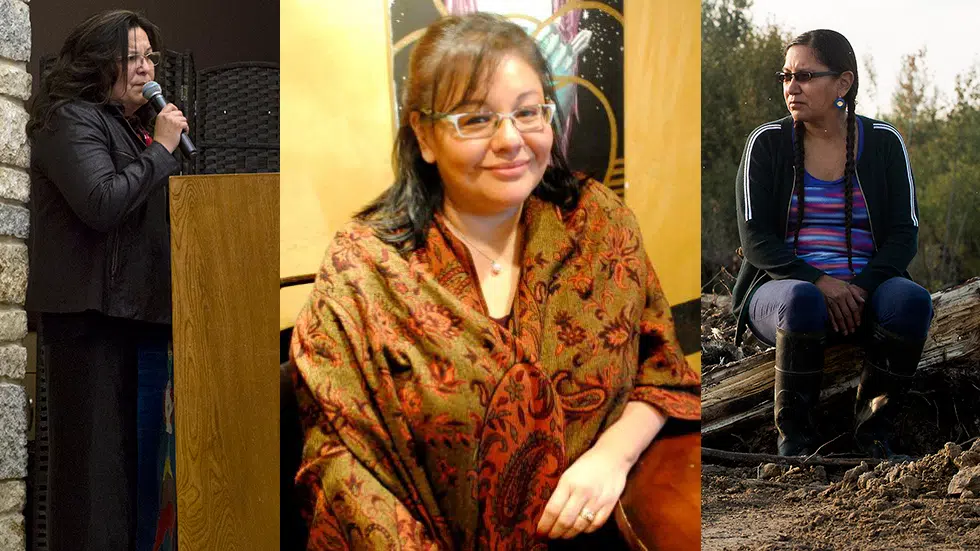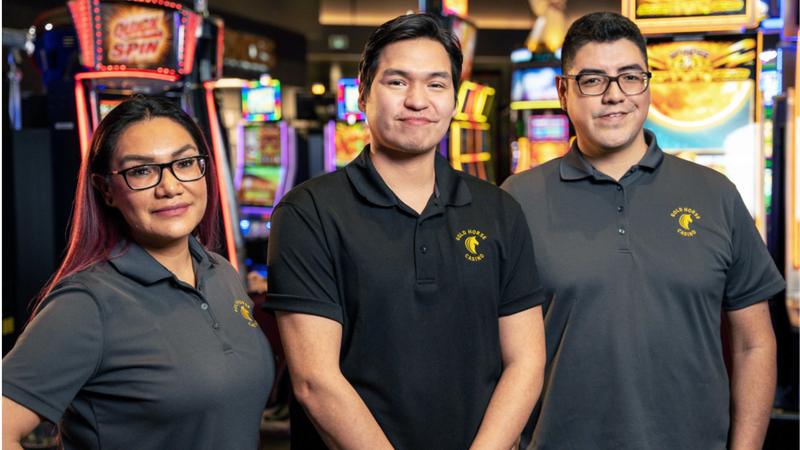
Canada 150: An Indigenous perspective
Canada 150 is a divisive topic in the Indigenous community across this country; some will celebrate, some will protest, and some will educate.
Three Indigenous women from the Treaty 6 territory say they will use the anniversary to educate people about the history of the original peoples of this land, and why marking 150 years of colonialism isn’t a reason to celebrate.
Federation of Sovereign Indigenous Nations Vice Chief Kimberly Johnathan said the historical truths of Indigenous people need to be acknowledged during Canada 150.
“A lot of first peoples understand our history very well – we live it every day,” Johnathan said. “It’s challenging when we’re trying to heal as individuals, families, communities… when there’s not that understanding from the rest of society.”


